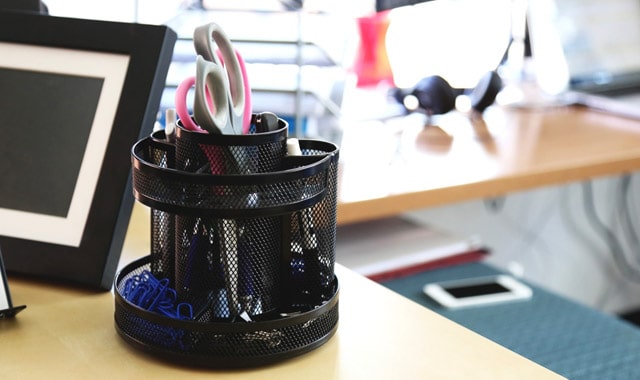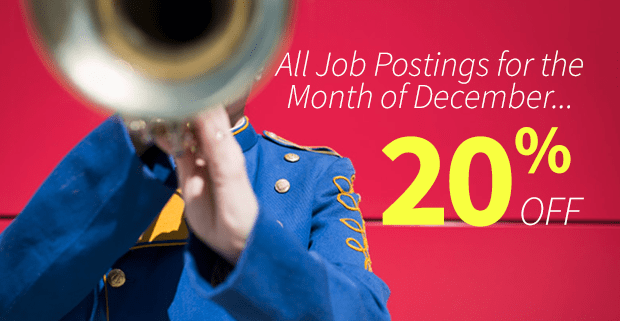Coworking is a new concept, but a necessary concept thanks in part to the changing nature in how people work, operate, and interact with one another. Coworking simply involves working in a shared workspace where you’ll be rubbing shoulders with freelancers, contractors, and other work-from-home professionals. It allows you to work in an office-like setting, something which work-from-home professionals often crave after an extended period of time, alongside others doing the same.
It all comes down to this: you need to get to know the people that surround you in the coworking space. It’s easy to walk into the coworking space, put on your headphones, and ignore everyone, but then you wouldn’t be reaping the benefits that a coworking space provides.
Part of fitting into a coworking environment involves understanding how to interact with others in the coworking space. Cassidy North-Reist, author of The 5 Behaviors That Make You a Coworking Space Pro, has picked up some tips on how to work efficiently and effectively with others during her time as marking coordinator for Grind, a coworking space in Manhattan and Chicago. Here are four simple ways to become a coworking connoisseur in no time:
1. Don’t be Scared
You’ll be entering a space full of some of the best and brightest people in your city. Instead of being intimidated, use this as chance to get advice from the other coworkers, and to improve upon your weaknesses.
Remember that this is a coworking space, and you have the opportunity to learn from the people around you, much like they can learn from you. Assess your strengths and weaknesses, and see what you bring to the table that other people might find beneficial. Keep this in mind as you interact with people, use it to frame your conversations, and eventually you’ll be collaborating with everyone in no time.
2. Be Open Minded
Coworking spaces are driven by collaboration. While it’s important to stay focused on your goals and projects, which is why you’re in the coworking space in the first place, you should also remain open to advice, ideas, and opportunities that your coworkers provide.
Don’t put your guards up—park your ego at the door and be receptive to all ideas. The people that surround you in the coworking space are from varying industries, sectors, cities, have different educational backgrounds, and can impart valuable knowledge that helps you personally and professionally. Continue reading









